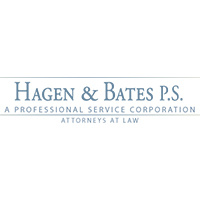Aberdeen RICO Act Lawyer, Washington
Sponsored Law Firm
-
 x
x

Click For More Info:
-
Russell & Hill, PLLC
1212 North Washington St. Suite 132 Spokane, WA 99201» view mapCriminal Defense Law Professional, Personal, Proven
You have questions, and we have answers. Here at Russell & Hill, PLLC, we know how to obtain the most favorable outcome for your particular circumstances.
800-928-5340
Not enough matches for Aberdeen RICO Act lawyer.
Below are all Aberdeen Criminal lawyers.
Wayne D. Hagen
✓ VERIFIEDCriminal, Personal Injury, DUI-DWI, Business
Since the firm was established in 1993, the skilled attorneys at Hagen & Bates P.S. have provided versatile, professional and effective solutions to a... (more)
David Leonard Mistachkin
Landlord-Tenant, Family Law, Criminal, Personal Injury
Status: In Good Standing Licensed: 21 Years
Orlando James Tadique
Accident & Injury, Personal Injury, Criminal, Divorce & Family Law
Status: In Good Standing Licensed: 18 Years
 James Hill Spokane, WA
James Hill Spokane, WA Practice AreasExpertise
Practice AreasExpertise

